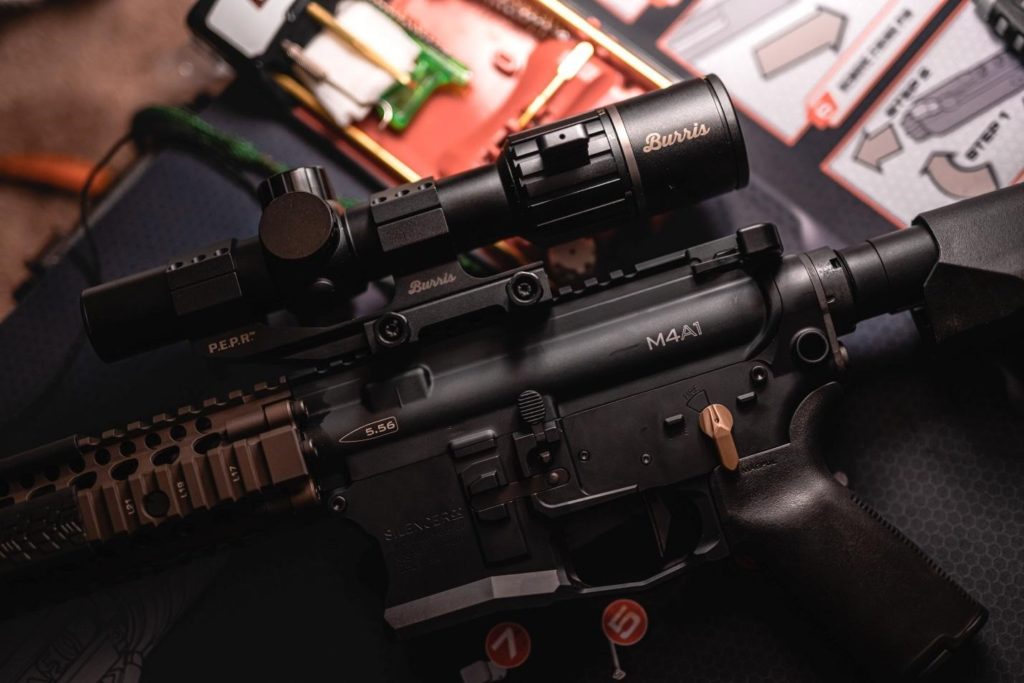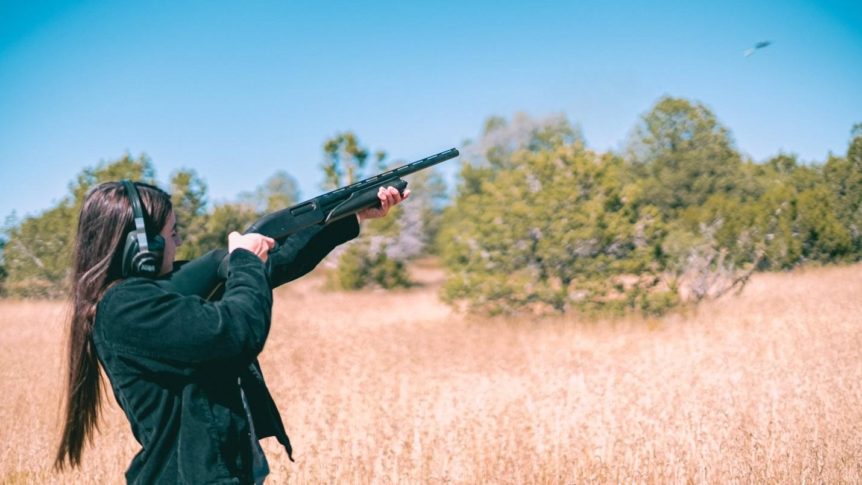If you’re a gun owner, you’re likely familiar with all the benefits that come with setting up a gun trust. These are special kinds of trusts designed to hold ownership of firearms. They are subject to strict state and federal oversight and can include other types of weapons. To learn more about what a gun trust actually is, you can read our primer about this topic here. This article takes an in-depth look into how to actually set up a gun trust.
Weapons Held in Gun Trusts
Two federal laws regulate gun trusts used for weapons: The National Firearms Act of 1934 (NFA) and Title II of the Gun Control Act of 1968. The latter is a revision of the NFA. You’ll often come across weapons referred to as NFA items or Title II firearms. They are classified based on which law regulates their use and ownership.
What Is an NFA Item and How Is It Different From a Title II Firearm
Grenades, short-barreled shotguns, short-barreled rifles, silencers, machine guns, etc., are all classified as NFA weapons. Weapons in this category need to be registered with the federal Bureau of Alcohol, Tobacco, Firearms, and Explosives (ATF).
Only the person it is registered to can possess and use the firearm in question. If an NFA firearm isn’t already registered with the ATF, you cannot register it, effectively rendering its ownership illegal.
If you want to transfer your registered firearm to someone else, you first need to get authorization from the ATF and pay the $200 tax fee (although some items have a $5 tax requirement).
Several other federal gun laws apply to NFA items as well. For instance, the Firearm Owners Protection Act of 1986 outlawed the manufacture of machine guns from the date the law was first enacted. Only those manufactured before that date can be legally purchased.
How to Set Up a Trust for NFA Items
There are three main ways to set up an NFA gun trust.
1. Free Gun Trusts
Most gun manufacturers and NFA dealers usually give free gun trusts with the purchase of every firearm. It is a popular tool they use for marketing to target individuals who may not already have an existing trust.
2. Lower-Priced Generic NFA Gun Trusts
In this method, an attorney creates a standardized NFA gun trust specific to the state you live in and sells it repeatedly to different customers at a reasonable price. This gives firearm owners access to a trust without having to pay the exorbitant amounts associated with having a custom one specifically created for them.
3. Customized NFA Gun Trusts
These are created for you to accommodate multiple NFA items and multiple trustees, allowing those firearms to be “shared” among the members of the trust. These are more expensive to set up than the generic boilerplate variety.
Gun Trust Law Changes

The ATF implemented new guidelines governing gun trust regulation. These include:
- “Responsible persons” are required to fill out an NFA gun trust form and submit their respective photographs and fingerprints to the ATF every time the trust acquires or makes an NFA item;
- Copies of the completed gun trust form and the NFA application for each “responsible person” must be submitted to the Chief Law Enforcement Officer (CLEO);
- CLEO certifications/signatures are no longer needed.
The first two procedural changes to the gun trust law are designed to increase the burden on using NFA trusts. It ensures that every person who can legally own a firearm is subjected to a thorough background check when buying NFA item with a trust. It also makes sure that local law enforcement authorities are aware of every new NFA item owned by a gun trust.
The third change makes it easier for individuals to acquire and own NFA items without a gun trust.
Should Schedule-A Be Included in a Gun Trust
While most gun trusts include schedules such as Schedule A to identify all the items the trust possesses, it is not always a mandatory requirement. Here’s why.
If you want to title your firearm in your gun trust’s name, the ATF requires you to submit a complete copy of the gun trust itself and every amendment made to it, along with your application. If the trust doesn’t specifically mention that it included schedules or any other attachment to identify the trust property, then Schedule A doesn’t need to be submitted.
On the other hand, if your NFA gun trust specifies that schedules are included as part of it, you will need to submit all of them to the ATF – gun trust schedule A example included.
Gun Suppressor Laws
The right to own a firearm is a constitutionally protected 2nd Amendment right. That said, different states have their own laws regulating the use and possession of weapons. These laws revolve around the limits on ammunition, open or concealed carry, and duty to inform. Other states have laws on the use of firearm accessories, one of which includes suppressors.
Suppressors are designed to minimize the flash of a firearm and muffle the sound generated when discharging a gun. Their use and regulation have been the subject of heated debate for several years and counting.
To purchase a suppressor, you need to:
- Be at least 21 years old
- Be a United States citizen
- Be legally allowed to purchase and possess a firearm
- Pass a background check
- Pay a one-time, $200 Transfer tax
- Live in a state where it is legal to own a suppressor
These laws are subject to change depending on the state in which they are enacted. For instance, you need to be at least 18 years old to purchase a suppressor in some states. Others require you to be at least 18 years old to possess a suppressor if you’re a beneficiary of a gun trust.
The gun suppressor laws in the following states make their purchase and use illegal:
- Rhode Island
- New York
- New Jersey
- Massachusetts
- Illinois
- Hawaii
- Delaware
- California
If you need help setting up a gun trust, get in touch with a qualified firearms attorney.
Do you have any legal questions for us? Chat online with a Laws101 attorney right now.
